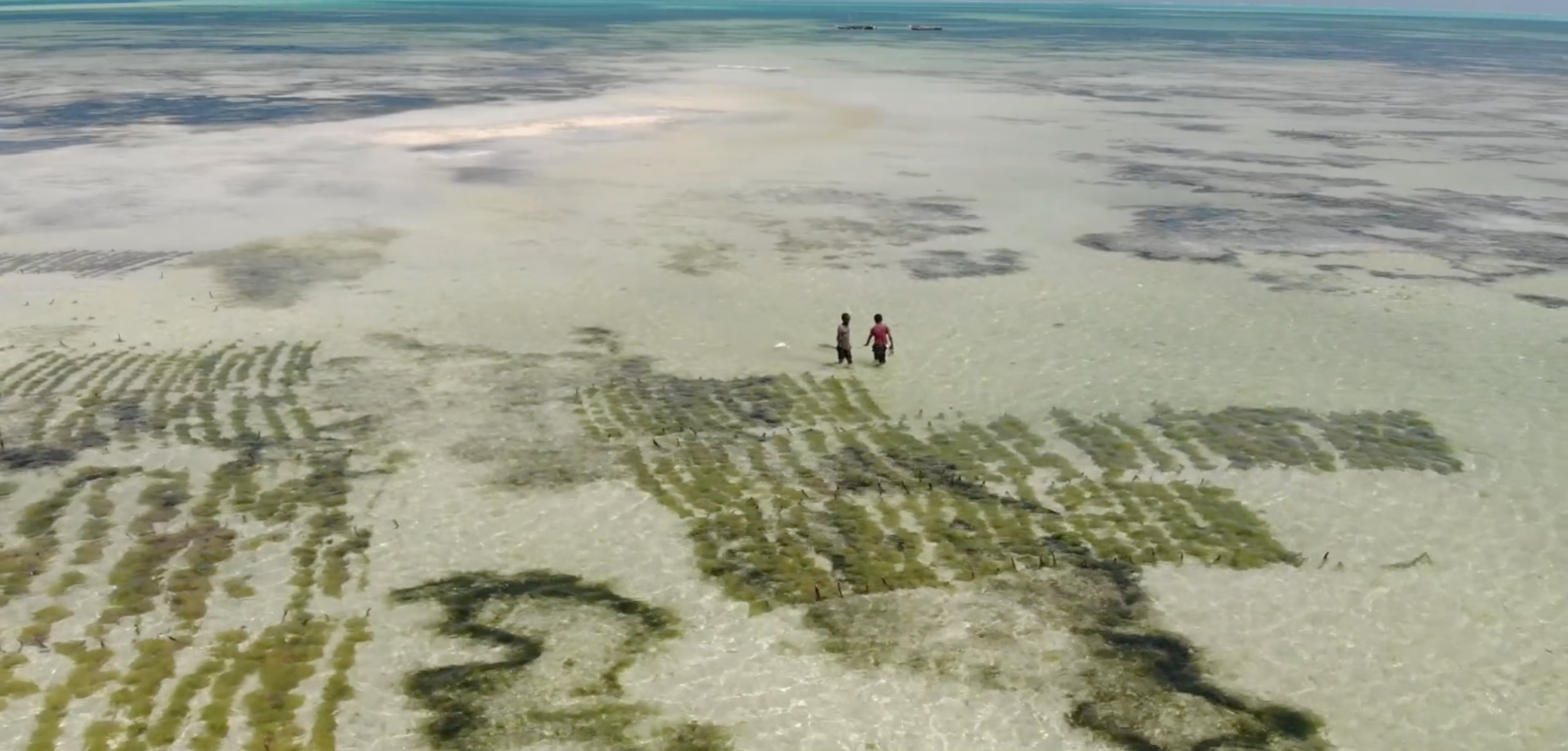
National policies are a critical part of the ambition loop that needs to be boosted to reach collective progress toward a net-zero, nature-positive future.
Read more
Related articles for further reading
The second version of N4C, Metabolic and Arboretica’s Nature-based Solutions Policy Tracker is now available. Serving as the world’s largest global database of public policies to support nature, the expanded analysis includes 257 more policies in 66 countries, achieving 462 policies in 144 countries, as well as a mapping of NbS-relevant targets in 31 countries’ international nature and climate commitments to the international community, such as Nationally Determined Contributions (NDCs), National Adaptation Plans (NAPs) and National Biodiversity Strategies and Action Plans (NBSAPs).
National policies are a critical part of the ambition loop that needs to be boosted to reach collective progress toward a net-zero, nature-positive future. The supporting research shows a growth in the implementation of policies to support NbS. Demonstrating how international commitments can foster strong national policy frameworks, financial mechanisms and structures that enable the sharing of knowledge, best practices, and skills, helping to build capacity at a local level where it is most needed.
The NbS Policy Tracker is the world’s largest global database of public policies that facilitate the delivery of crucial natural climate solutions and opportunities to boost ambition. Artificial Intelligence (AI) techniques were used to gather public policies from countries across the globe.
The types of policies included are legislation (laws or constitutions), subsidies, and strategies and plans with budgets. The NbS Policy Tracker provides a list of policies by country and best practices that can provide decision-makers with useful lessons and insights to catalyze NbS.
In addition to the policy database, there is an assessment of selected NbS-related international commitments reported in the Nationally Determined Contributions (NDCs) for climate mitigation, the National Adaptation Plans (NAPs) for climate adaptation, and the National Biodiversity Strategies and Action Plans (NBSAPs) for nature action. By tracking NbS both in international commitments and in policies, the ambition loop of moving from ambitions towards action was mapped. Furthermore, the identification of critical gaps and potential solutions to address them could raise the ambition of climate and biodiversity policies and their implementation at scale around the world.
The report also provides 10 inspiring examples and case studies of how countries are moving beyond international commitments with NbS to national policies and concrete budgets for implementation.
For instance, Ethiopia’s international climate commitments include NbS, and these ambitions are being realized by national policies such as the Growth and Transformation Plan where ETB 713.8 billion will be allocated to various measures including NbS, such as forest and land restoration, watershed protection, biodiversity conservation, and community-based land ownership.
In Australia, the Oceans Leadership Package sets out a clear budget of AUD 100 million to protect and restore blue carbon ecosystems, while also creating economic opportunities.
Colombia has inspired the world by recognizing rights for nature in its constitutional laws, which have now assigned the Atrato River the status of a legal entity with rights.
| Lessons learnt that have been illustrated by the NbS Policy Tracker include:
1 – Getting enabling policy conditions right— Taking multi-stakeholder approaches to unlock large-scale NbS initiatives that facilitate engagement with local stakeholders and incorporate local traditional knowledge and practices. In fact, 39% of policies reference the importance of Indigenous Peoples and Local Communities, with clear requirements for consultation. 2 – Ensuring good governance—Breaking down silos will enable public institutions involved in resource management decisions to align behind a wider set of sustainable natural capital outcomes across the whole of government. 90 countries globally now integrating Natural Capital Accounting (NCA) into policymaking. 3 – Focus policy on delivering integrated landscape- or seascape-level approaches— essential to link different ecosystems and their populations, reconcile competing land uses, and create multifunctional landscapes that are good for climate, nature, and people. 33% of policies focus on landscape approaches. |
The policy database is opensource data for the benefit of the wider community, is an urgent call to accelerate global action to enable NbS as part of a wider transition towards a net-zero, nature-positive economy
At COP27 Nature4Cimate will be calling for new international partnerships on NbS to help coordinate knowledge transfer, good governance, and policy development, and to provide training and programs that foster two-way learning and promote peer exchange networks among policymakers, resource managers, data scientists, and producers alike to help deliver the capacity to help urgently scale NbS on the ground.